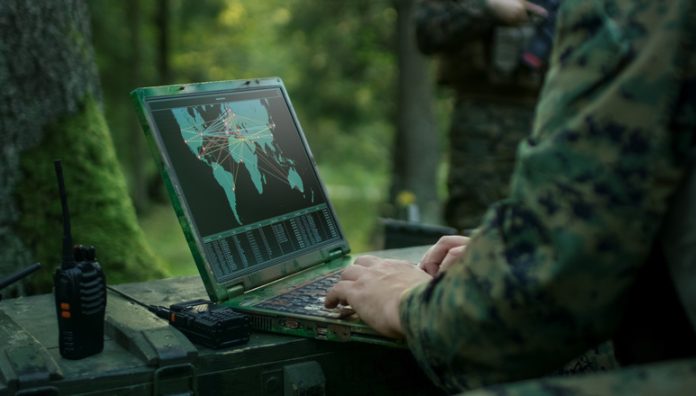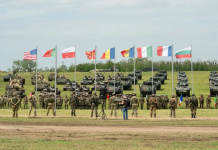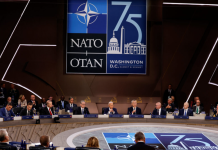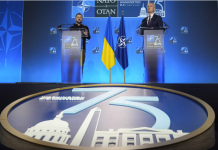From 30 May to 23 June, 18 Allies*, Sweden, numerous NATO entities and industry experts from across the Alliance tested and improved their ability to collect, process, exploit and share intelligence from seabed to space during Unified Vision 2023 (UV23), NATO’s biggest Joint Intelligence Surveillance and Reconnaissance (JISR) exercise.
Twenty-five maritime, land, air and space assets, were used to collect, process, analyse, and distribute data. These included commercial satellites, NATO’s Alliance Ground Surveillance system, F-16 and Tornado aircraft, Raven, Puma and Integrator Unmanned Aerial Vehicles, as well as frigates. Through a federated approach – by turning raw information from ISR platforms into intelligence – UV 23 provides Allies with an opportunity to combine different types of intelligence data and assets under NATO’s umbrella to produce a richer intelligence product and optimise use of resources and training personnel.
“The Unified Vision 2023 event highlights the effort of our Alliance to test and enhance interoperability and innovation between Allies, partners and within NATO,” said Dr. Giorgio Cioni, Director of Armaments and Aerospace Capabilities in NATO Headquarters’ Defence Investment Division. “Building on exercises such Unified Vision, NATO’s JISR will allow Allies to benefit from the economies of scale and will formalize the ground work for a greater degree of balanced JISR burden sharing within the Alliance,” he added.
Unified Vision 2023 also contributes to NATO’s efforts to improve Persistent Surveillance from Space, and to integrate Emerging and Disruptive Technologies – such as artificial intelligence and automation tools – in its intelligence process. It also supports NATO’s response to the impact of climate change.
This year’s trial reflects the evolution and growth of NATO’s JISR environment since the establishment of the initiative at the 2012 Chicago Summit, by incorporating the use of commercial satellite imagery, internet for command and control, and small tactical UAVs into intelligence planning and operations.
*Participating Allies (18): Belgium, Bulgaria, Canada, Czechia, Croatia, Denmark, Finland, France, Greece, Hungary, Italy, Netherlands, Norway, Poland, Spain, Türkiye, United Kingdom, United States





